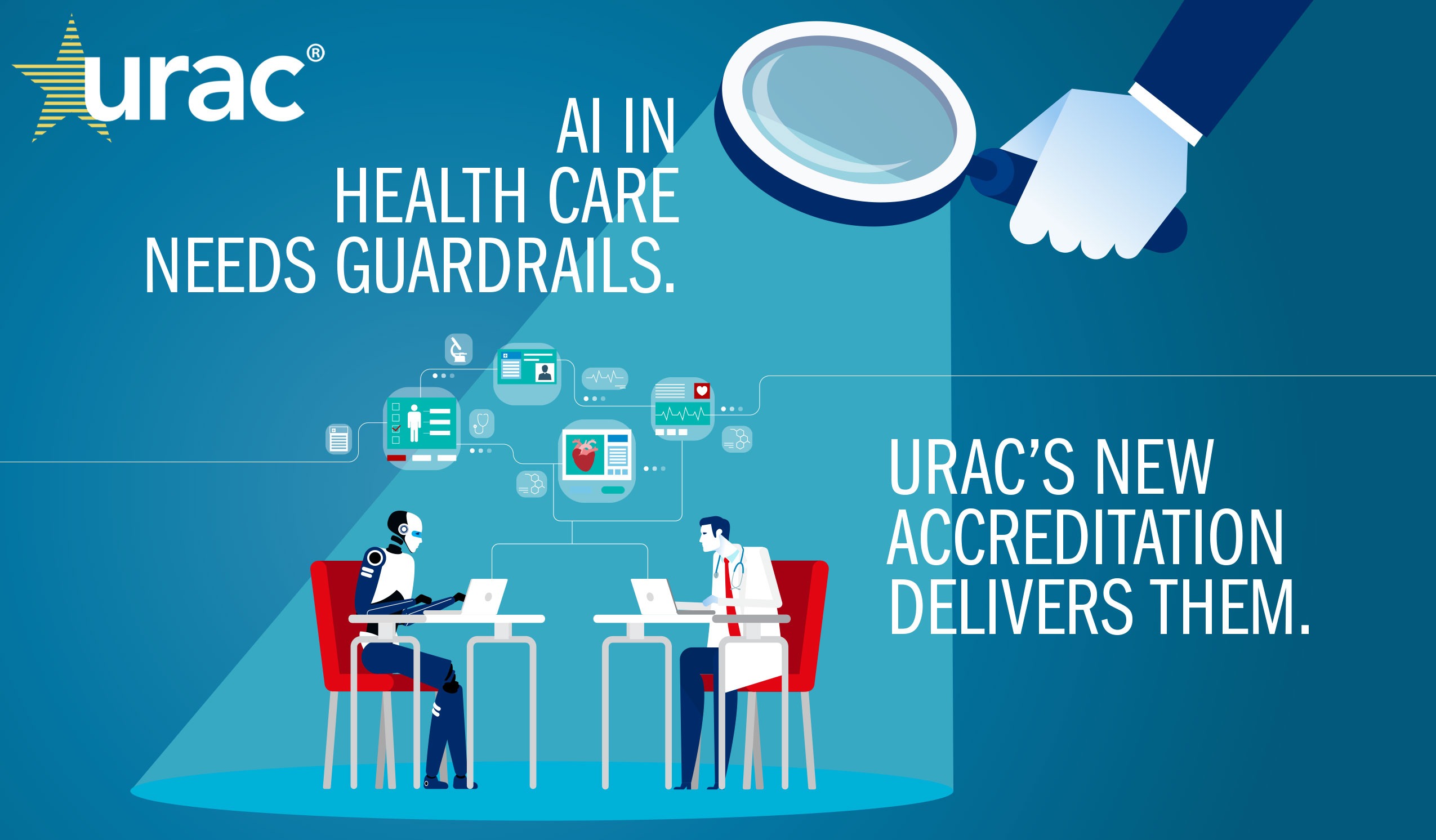With a death toll recently eclipsing 250,000 in the United States alone, COVID’s distressing impact on physical and mental health is well documented. So, too, is the economic devastation the pandemic has inflicted on many industries, including restaurants, travel, and live performances.
Unfortunately, the pandemic has had a secondary and less obvious negative impact on the nation’s health by discouraging many from seeking care for other conditions, experts note. In many cases, people who need to maintain regularly scheduled doctors’ appointments to manage or prevent health issues, are now wary of going to hospitals, clinics and doctor’s offices for fears of contracting or spreading COVID-19.
On the positive side, however, telehealth services are poised now more than ever to fill some of that gap, says leading experts including Dr. Paul Christo, an Associate Professor in the Division of Pain Medicine at the Johns Hopkins University School of Medicine. Dr. Christo is a big advocate of online treatment in many instances, especially when it comes to confronting America’s opioid addiction epidemic. He is calling on fellow health care professionals to advocate for online treatment options to their patients.
Dr. Christo, who is on the frontlines working to curb the impact of the opioid crisis, also wants patients to know that critical medications for maintaining sobriety can now be prescribed by telehealth or telephone. Dr. Christo serves as Director of the Multidisciplinary Pain Fellowship Program at Johns Hopkins Hospital. He is the author of Aches and Gains, A Comprehensive Guide to Overcoming Your Pain. He also hosts an award-winning, nationally syndicated SIRIUS XM radio talk show on overcoming pain called, Aches and Gains®.
“The number of fatalities from opioid-related overdoses could be nearly 30 percent higher than reported due to missing information or incomplete death records,” Dr. Christo says. “The worst fear is that because of social isolation, people are not being found or treated immediately.”
The opioid epidemic today progressed in three phases, according to the Centers for Disease Control and Prevention (CDC). The first involves deaths caused by prescription opioids, the second, an increase in heroin use, and the third, a surge in the use of synthetic opioids such as fentanyl. Experts say the U.S. is currently struggling with the third phase of the epidemic, due to the increasing availability of fentanyl and increasing rates of overdose deaths involving synthetic opioids.
According to a recent study there were 632,331 drug overdoses between 1999 and 2016. Most of these deaths (78.2 percent) were drug overdoses with known drug classification. Moreover, 21.8 percent were unclassified drug overdoses. A further investigation revealed that for unclassified drug overdoses, 71.8 percent involved opioids, translating to 99,160 additional opioid-related deaths. (https://aspe.hhs.gov/basic-report/non-fatal-opioid-overdose-and-associated-health-outcomes-final-summary-report)
There were over 70,000 drug overdose deaths in 2017, according to an estimate from the CDC. Based on findings from the new study, over half of those deaths — about 47,000 — are suspected of having involved opioids.
Another study on opioid overdoses found that the number of drug overdose deaths decreased by 4 percent from 2017 to 2018. In 2018, more than 67,000 people died from drug overdoses, making it a leading cause of injury-related death in the United States. Almost 70 percent involved a prescription or illicit opioid of those deaths.
“COVID-19 affected the illicit drug supply chain by closing borders in some regions, leading to a higher death rate,” Dr. Christo explained. He added that it has become more difficult to get illegal drugs because of the pandemic. Scarcity also affects the price, everything goes up, and in that sense, it becomes more deadly each day for patients because their access to drugs is potentially threatened, according to Dr. Christo.
The time is now, say Dr. Christo and other experts, to tap into a suite of telemedicine and tele-mental health tools to help the nation better care for those struggling with opioid use disorder.
Pressed into increased service as COVID-19 closed or curtailed physical facilities earlier this year, most experts now agree telehealth has demonstrated its efficacy in helping treat substance abuse and other mental health challenges. Patients living with opioid addiction need and deserve all the tools at our disposal to help them regain their health and defeat a dangerous adversary. Telehealth provides patients and practitioners alike with a compelling reason to feel more optimistic that we can turn the tide against this stubborn opioid epidemic.



